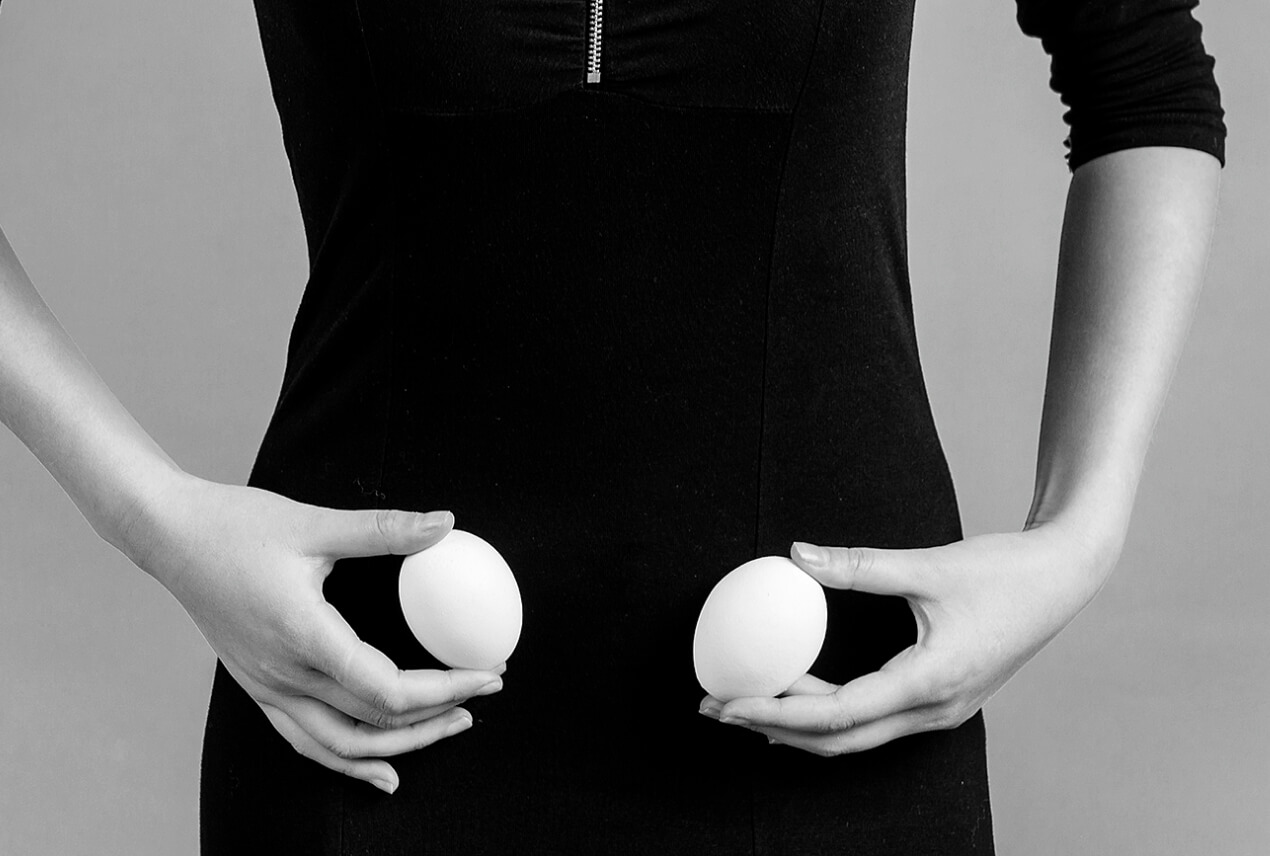The ovaries play a key role in the female reproductive system, housing eggs and producing important hormones such as estrogen and progesterone. A number of ovarian-related health concerns, including ovarian cancer, polycystic ovary syndrome (PCOS) and cysts, can arise throughout a woman's life. The function of the ovaries also changes over time as a woman goes through menopause and stops producing eggs.
Learn more about what the ovaries do and the various health concerns related to the ovaries.













